Article
Yiri7 re Stsq’ey’s-kucw: Secwepemc Oral History and Indigenous Laws | Q&A with Dr. Marianne Ignace and Chief Ronald Ignace, PhD
What motivated you to present on the topic of “Yiri7 re Stsq’ey’s-kucw: Secwepemc Oral History and Indigenous Laws”?
Ron (who is Chief of our community, Skeetchestn in the Secwepemc Nation and has a PhD in Anthropology from SFU) began researching this topic more than a decade ago when he was conducting research with Secwepemc elders on oral histories and land title towards his 2008 dissertation titled “Our Stories are our Iron Posts: Secwepemc oral histories and historical consciousness”. This work, in turn was motivated by Ron being raised by his great-grandparent generation of elders born in the 1870s and 1880s, who had personally experienced the First Nations land rights movement of the early 1900s, and the devastating dispossession from land and rights our people experienced. Marianne began doing similar research with Secwepemc elders in the mid-1980s. Our joint work led to exploring the topic of Secwepemc articulations and understanding of indigenous laws and rights, expressed as “yiri7 re stsq’ey’s kucw” in our language.
Please tell us about your research and the research field you have chosen. How did you gain interest in the subject?
At times separately and at times jointly, we have researched the ways in which Secwepemc stspetékwll (oral histories or traditions) express and articulate Secwepemc indigenous law in various dimensions that include law between indigenous nations, laws of land use, resource use and access within our nation, laws of sustainable resource use and laws of social conduct. We do not approach these concepts as lawyers trying to immediately codify traditional laws into legal status, but we aim to provide a thoughtful analysis of how stspetékwll inscribe and articulate such laws.
In 2013 and 2014 we took our presentation of law-in-stories on the road to communities throughout the Secwepemc Nation, first in a First Nations Studies course partnered with the Shuswap Nation Tribal Council, and then in an additional series of workshops, also partnered with SNTC. We are currently in the final throes of editing a 650 pp. manuscript “Yiri7 re Stsq’ey’s-kucw: Secwepemc People, Land and Laws” to be published by McGill-Queens University Press.
What should the audience expect from your upcoming lecture on “Yiri7 re Stsq’ey’s-kucw: Secwepemc Oral History and Indigenous Laws”?
Some very interesting stories and new knowledge about how Secwepemc stories are not to be taken lightly but embed very meticulous social, environmental and political knowledge.
What are you currently working on?
Final editing of this manuscript, a work on Secwepemc ethnobotany, an edition of Secwepemc Tlli7sa transformer & indigenous law stories told in Secwepemctsin by elders, a compilation and analysis of some 1,000+ Secwepemc place names, the issue of how storied cultural, historical and spiritual knowledge matters in environmental impact assessments regarding mining and other development.
Marianne: Haida oral histories and stories told in the language, and Haida place names as well as Coast Tsimshian (Sm’algyax) grammar.
Anything else you would like to share? Come and listen, come and watch!
Dr. Ignace and Chief Ignace will be presenting on April 14 at 7PM as a part of the Lecture Series on Aboriginal Issues, you can find the event details here.
BIO
Dr. Marianne Boelscher Ignace is a Professor, jointly appointment between the Department of Linguistics and First Nations Studies, and Director of the First Nations Language Centre. Dr. Ignace completed her Ph.D. in Anthropology at Simon Fraser University, writing her dissertation on the politics of Haida symbols which was published as The Curtain Within: Haida Social and Symbolic Discourse.
Chief Ronald E. Ignace, PhD, is a member of the Secwepemc (Shuswap) Nation. He has been the elected Chief of the Skeetchestn Band for more than 22 years since the early 1980s, also serving as Chairman of the Shuswap Nation Tribal Council and president of the Secwepemc Cultural Education Society during the 1990s.
Latest/Related Updates
-
January 10, 2024
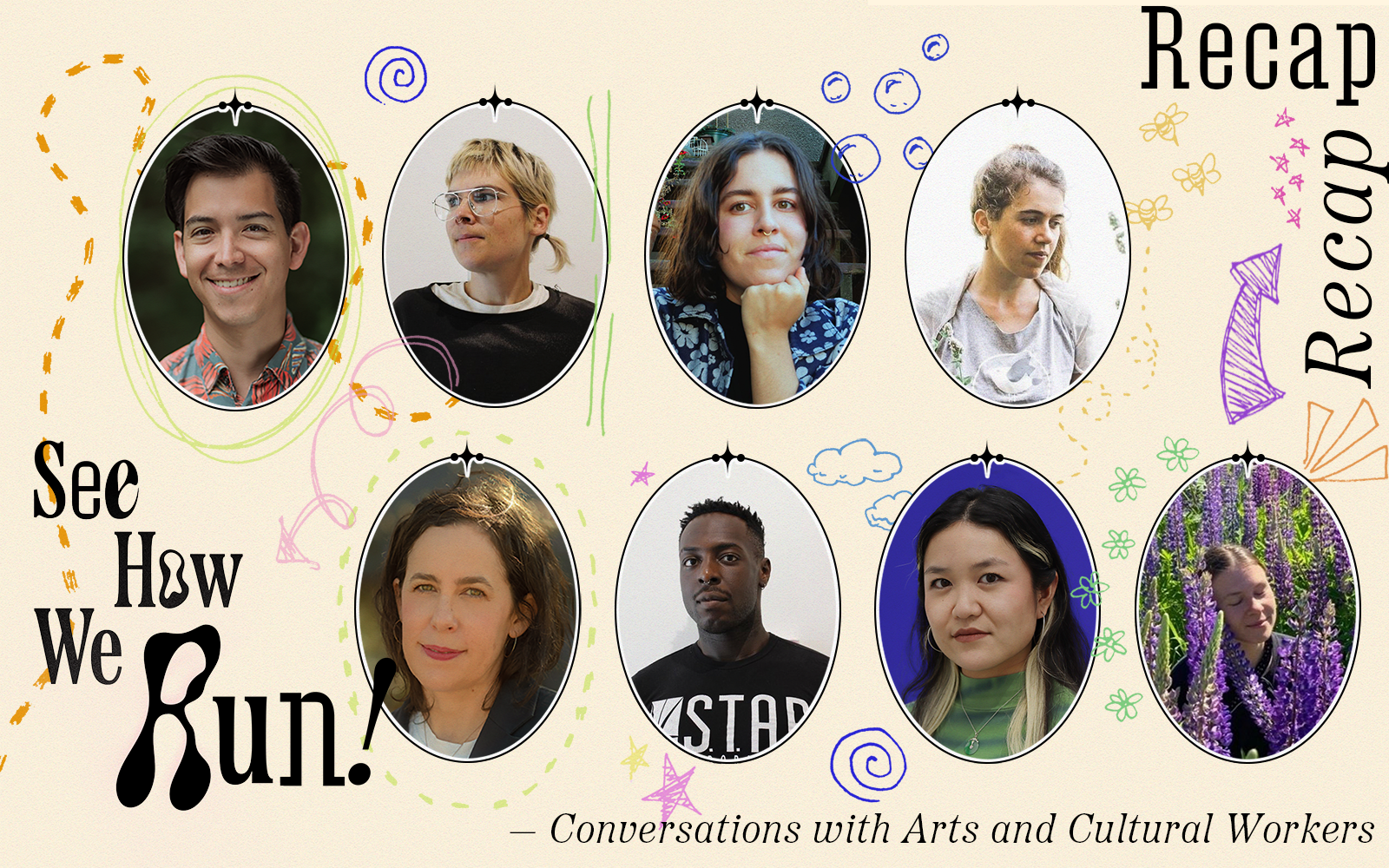
January 10, 2024
Our Below the Radar podcast mini-series See How We Run! looked at local arts collectives and organizations, highlighting conversations about creation, spacemaking, accessibility, and self-determination within the framework of Vancouver’s cityscape.
-
August 15, 2023
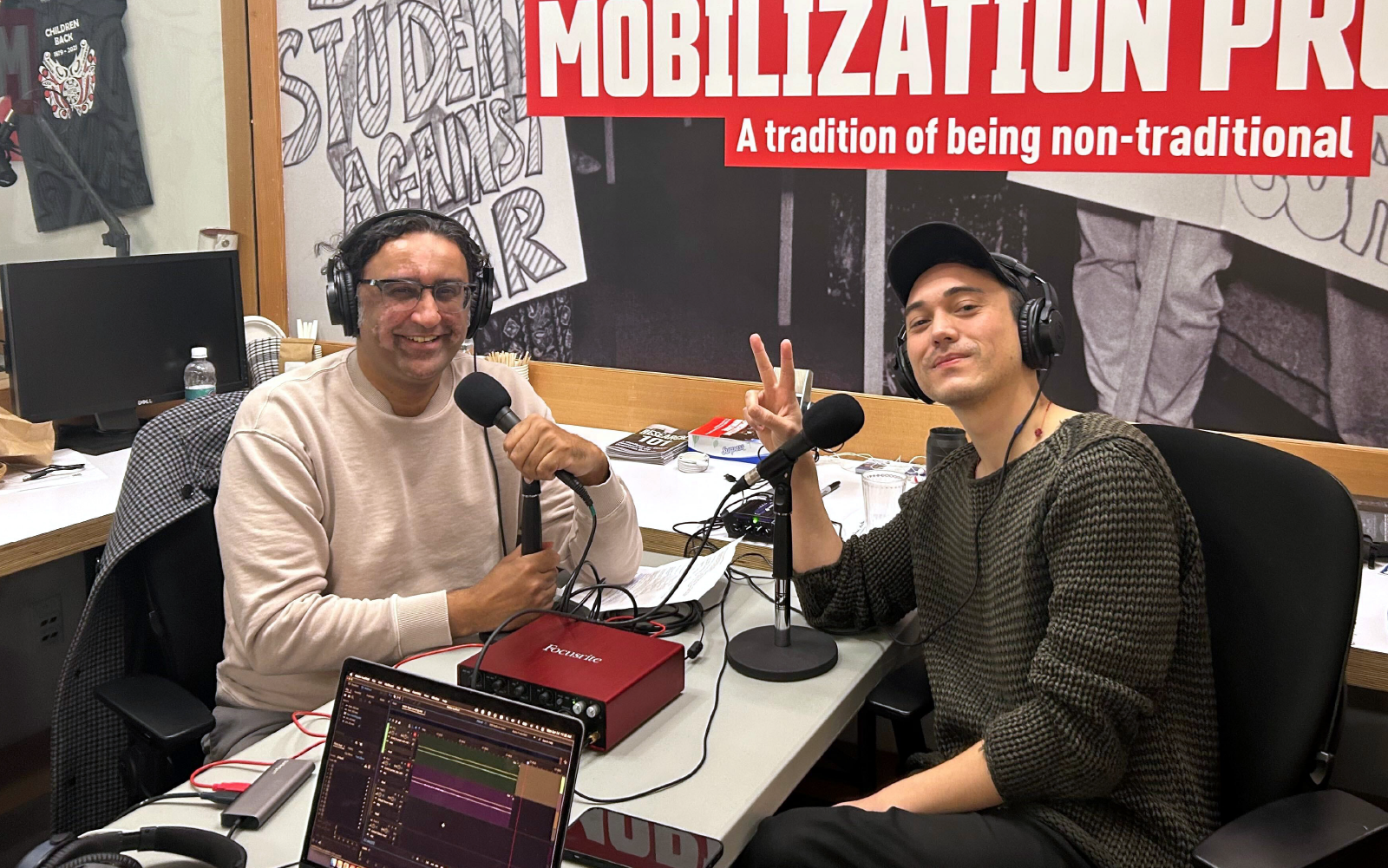
August 15, 2023
With details of our 5-year anniversary celebration event to come, let’s take a sneak peek of the upcoming season.
-
July 26, 2023
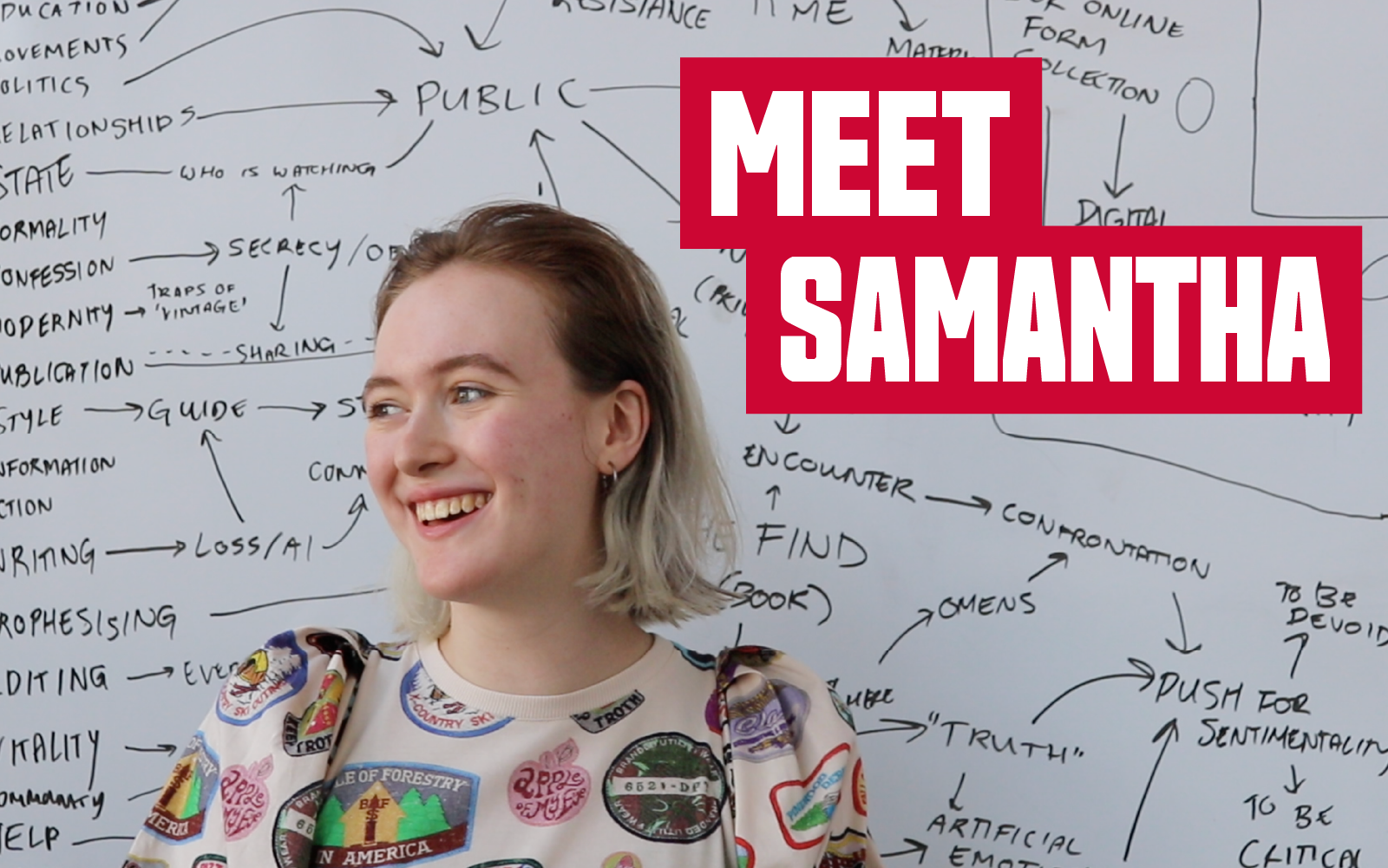
July 26, 2023
Since September 2022, we’ve held 42 events and workshops, released 33 episodes, and engaged more than 25,000 podcast listeners. During that time, working diligently behind the scenes—editing podcast audio, and supporting communications and events programming—was our interim Programs Assistant Samantha Walters, who we are pleased to announce has now moved into a continuing role in the office.
-
July 20, 2023
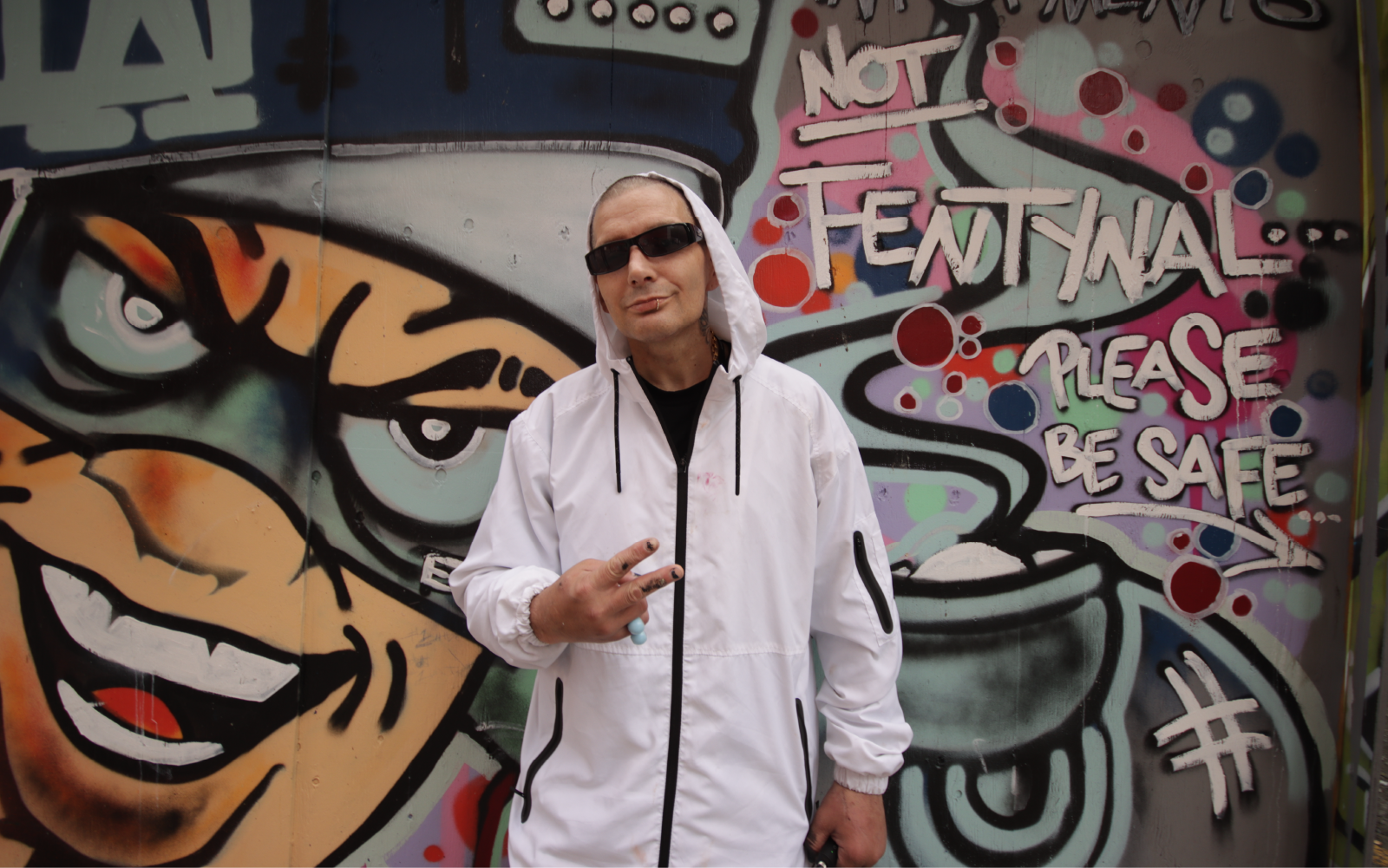
July 20, 2023
On June 29, 2023, 200 people turned out for the world premiere screening of Smokey Devil: Underworld Street Reporter, a feature length documentary by Nathaniel Canuel, co-hosted by SFU’s Vancity Office of Community Engagement.
-
June 29, 2023
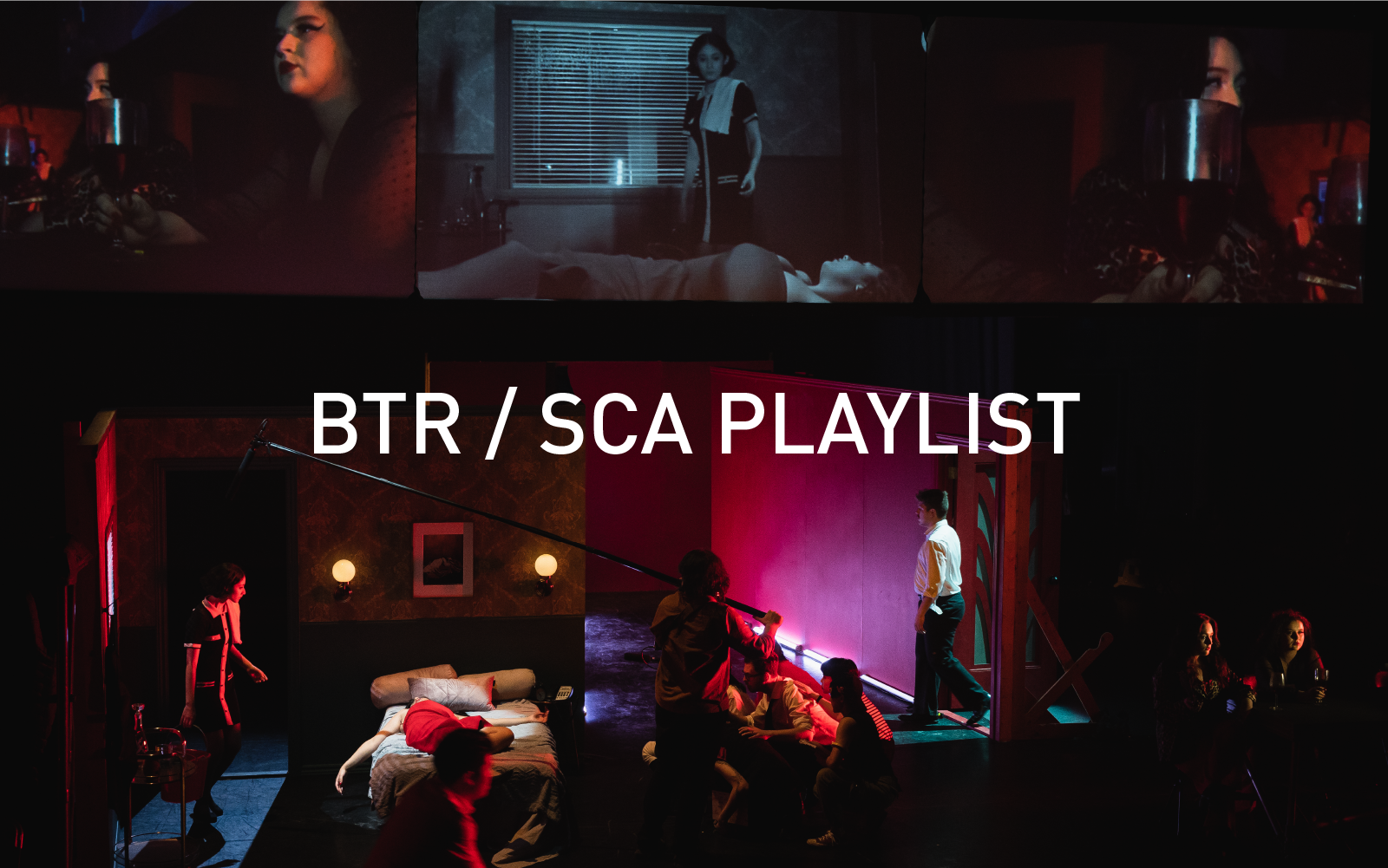
June 29, 2023
On our latest spring season of the podcast, we had the chance to sit down with five SCA artist-scholars for some exciting discussions on their artistic practices and latest research. Whether you're looking to hear more about arts education and the local arts ecology, or just seeking some artistic inspiration, we hope you join us in diving back into these episodes.



